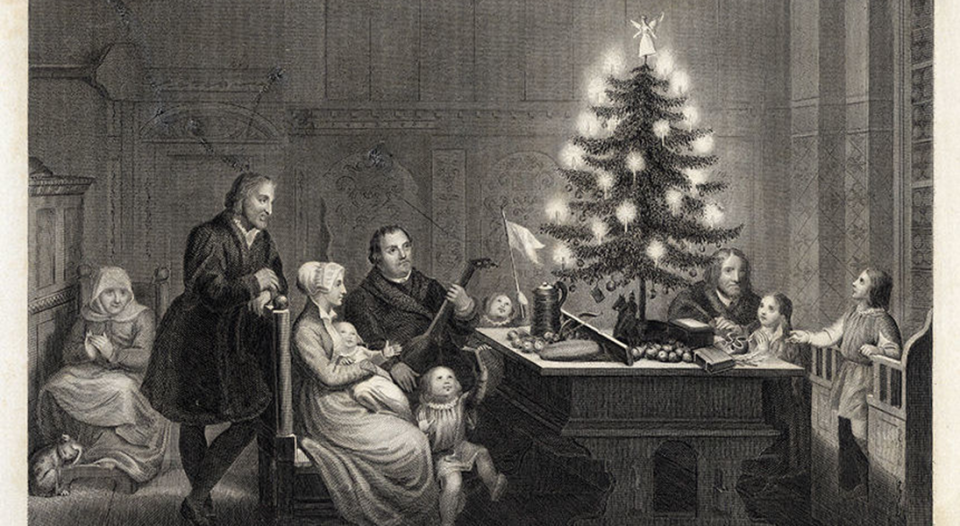In you alone, O God, we hope, and not in our own merit.
We rest our fears in your good Word and trust your Holy Spirit.
Your promise keeps us strong and sure;
we trust the cross, your signature,
inscribed upon our temples.
My soul is waiting for you, Lord, as one who longs for morning;
no watcher waits with greater hope than I for your returning.
I hope as Israel in the Lord,
who sends redemption through the Word.
Praise God for grace and mercy!
When I think of Martin Luther and hope, what comes to mind first is these two stanzas of his hymn “Out of the Depths I Cry to You” (Evangelical Lutheran Worship 600). For Luther, hope was not a nice holiday sentiment or an expression of wishful thinking. Hope was the cry of the trusting heart!
The hymn is a musical setting of Psalm 130. Luther wrote it in 1523 and shared with a colleague that someone starting such a project would probably begin at the beginning, with Psalm 1. Instead, Luther chose first to put to music a psalm that expressed deep despair, deep longing and deep faith!
In his commentary on Psalm 130, Luther observed that hope and despair are opposites. In Romance languages, the words are intertwined—for example, in modern French, the word for hope is espoir and the word for despair is désespoir, with the prefix dés indicating lack of something. For Luther, though, the relationship between hope and despair is not just a linguistic one but a theological one. He saw this relationship as dynamic, because it is precisely in the midst of despair that hope is created!
“Hope changes the one who hopes into what is hoped for” and “the thing hoped for and the person hoping become one.”
We live in a culture where hope is often confused with optimism. “I hope the weather is nice tomorrow,” we say, or “I hope my team wins the championship.” Luther’s reading of the Scriptures shifts our attention away from this transactional hope that. Instead, he invites us to hope in—“In you alone, O God, we hope.” Luther invites us to hope for—for the returning of the Lord “who sends redemption through the Word.”
In his commentary on Romans, Luther writes: “Hope changes the one who hopes into what is hoped for” and “the thing hoped for and the person hoping become one.”
When we hope that something will happen, the object of our hope is something outside ourselves. When we place our hope in the Lord, Luther believed, we are drawn more closely into the presence of God.
At the end of the letter to the Romans, Paul blesses his hearers and readers with these words: “May the God of hope fill you with all joy and peace in believing, so that you may abound in hope by the power of the Holy Spirit” (15:13). Luther embraces this blessing, explaining that the “God of hope” is the very one who bestows hope upon us.
Praying or singing Luther’s words is a means through which the God of hope works the gift of hope deep into our own hearts.






